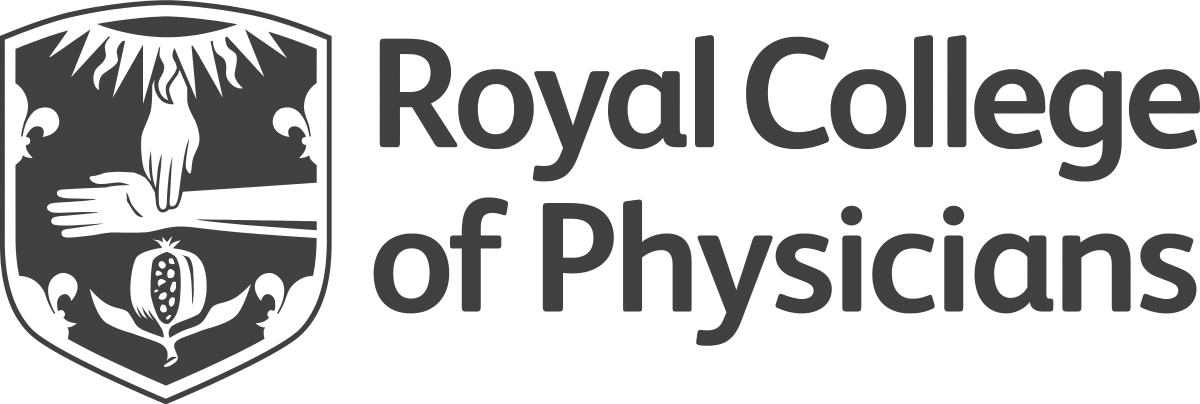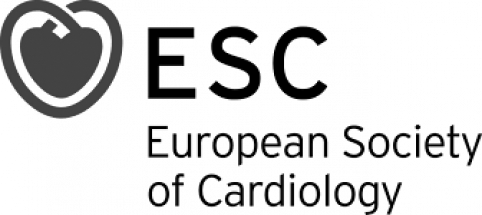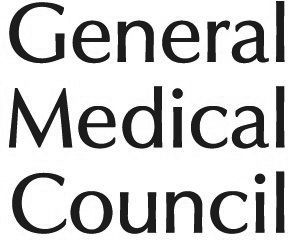Prof. Diana Gorog, Consultant Cardiologist
Prof. Diana Gorog
Consultant Cardiologist
Prof. Diana Gorog MB, MS, FRCP, MD, PhD, FESC
Consultant Cardiologist
Prof. Diana Gorog
Consultant Cardiologist MB, MS, FRCP, MD, PhD, FESC

Areas of expertise
- Acute coronary syndrome (ACS)
- Angina
- Arrhythmia (irregular heartbeat)
- Atherosclerosis
- Atrial fibrillation


Recommendations for Prof. Gorog
These recommendations are for information purposes only. Doctors providing recommendations do so in good faith and are not responsible for clinical outcomes.






Recommended by:
Make an appointment
Address
-
The Harley Street Clinic
35 Weymouth Street, London, W1G 8BJ
-
81 Harley Street
81 Harley Street, London, W1G 8PP
About Prof. Diana Gorog
Prof. Diana Gorog is a highly esteemed Consultant Cardiologist based at The Harley Street Clinic in London. She also holds prestigious academic positions as a Professor at the University of Hertfordshire and a Visiting Professor at Imperial College London.
Prof. Gorog's medical journey began in 1993 when she qualified from St Bartholomew's Medical School, London. She subsequently completed her specialist cardiology training at several renowned hospitals across London. Her areas of specialisation include General and Interventional Cardiology, with a particular focus on patients suffering from coronary heart disease. She is adept at managing conditions such as angina, hypertension, heart failure, and irregular heartbeats.
In her clinical practice, Prof. Gorog performs a variety of advanced procedures, including coronary angiography, angioplasty, and other interventional techniques. She is proficient in conducting essential medical tests such as 24-hour ECG monitoring, CT Coronary Angiograms, and standard ECGs (electrocardiograms).
Prof. Gorog treats a wide range of conditions, including Acute Coronary Syndrome, Coronary Artery Disease, chest pain, palpitations, pulmonary hypertension, angina, valvular heart disease, arrhythmia (irregular heartbeat), and congestive heart failure.
Beyond her clinical duties, Prof. Gorog is deeply involved in cardiology research, with a specific interest in thrombosis and the prevention of heart attacks. Her research contributions aim to advance the understanding and treatment of cardiovascular diseases, ultimately improving patient outcomes.
Since her appointment, Prof. Gorog has been dedicated to providing exceptional care to her patients while also contributing to the academic and research communities in cardiology. Her commitment to both clinical excellence and innovative research makes her a leading figure in her field.
Areas of expertise
- Cardiology
- Arrhythmia
- Atrial fibrillation
- Coronary artery disease
- Echocardiography
- Hypertension
- Interventional cardiology
- Vascular medicine
Professional memberships






Articles by Prof. Diana Gorog
Non-vitamin k antagonist oral anticoagulants versus warfarin for patients with left ventricular thrombus: a systematic review and meta-analysis
Role, laboratory assessment and clinical relevance of fibrin, factor xiii and endogenous fibrinolysis in arterial and venous thrombosis
Prevalence of thrombotic complications in icu-treated patients with coronavirus disease 2019 detected with systematic ct scanning
Ethnic difference of thrombogenicity in patients with cardiovascular disease: a pandora box to explain prognostic differences
Thrombotic complications in 2,928 patients with covid-19 treated in intensive care: a systematic review













